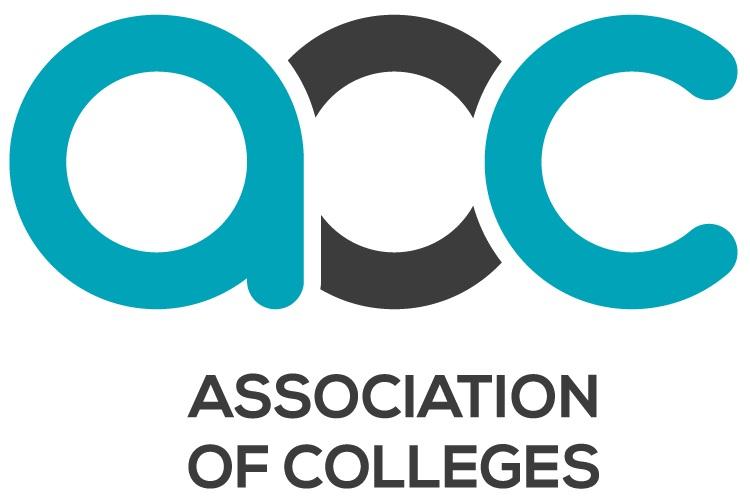AoC – Graduate outcomes and the use of destination data

The Education Committee has today (8 Dec) published the written evidence for its inquiry into value for money in higher education.
Below is the written evidence from AoC regarding graduate outcomes and the use of destination data:
HE has a central role in helping individuals secure their potential, in advancing civilization and in ensuring that the country has both a successful economy and effective public services. The committee needs to take a broad view of HE in England and not fall into the trap of focusing solely on the education of the elite. England has more world class universities than any other country apart from the USA but this is not the only target that matters.
The education of future scientists, hospital consultants, business leaders and politicians is incredibly important but successful economies need a wider pool of skilled people. There is so much focus on entry to certain universities that it is easy to forget that fewer than 1% of 18-year-olds in England attend the two Oxbridge universities and fewer than 10% attend the other more selective universities. The success of our society and economy depends on a much broader base of people including older adults who acquire higher skills and capabilities on a part-time basis from a range of institutions.
There is new and high quality data on the employment outcomes of graduates compiled by matching student loan and tax data. This makes it possible to measure the earnings achieved by different cohorts of graduates in subject or university groups. This data is useful to inform the debate but it needs to be put into context. Future employment success may simply reflect family background or past school success. There is a risk that non-contextualised data will simply publicly praise those institutions who recruit already high-achieving students from middle-income backgrounds with high A Level grades.
Owing to their scope, indicators such as the Longitudinal Educational Outcomes (LEO) and Destinations of Leavers from HE (DLHE) data have some limitations. College students are often registered for Level 4/5 qualifications but subsequently progress to completing the top-up year to achieve a Level 6 qualification, which poses complexities in capturing the destinations and outcomes. DLHE outputs are based on SOC codes that don’t accurately reflect some current graduate positions.
A new Graduate Outcomes Survey will replace DLHE but is unclear how students progressing from Foundation Degrees to top-up will be considered, particularly if the survey is undertaken 15 months after employment. On the other hand, LEO data does not sufficiently capture graduates in all types of employment. For instance, students in the land-based or creative industries are often self-employed and the LEO data does not include this group. In addition, LEO data for colleges has not yet been published.











Responses